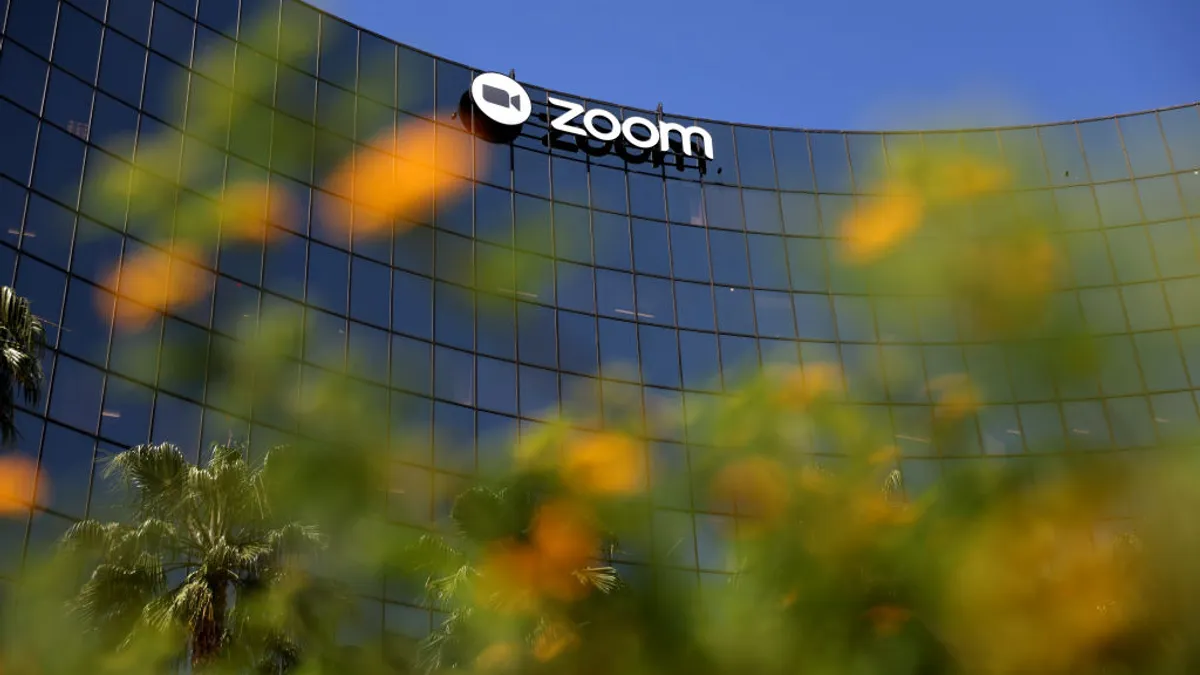Both Box and Dropbox are key players in the cloud-based file sharing and sync services marketplace, and at first glance they appear to be very similar.
In fact, comparing one directly to the other garners few differences. But differentiation is the name of the game in tech, so what does one offer over the other when it comes to strategy? And, can the two survive in the crowded market, or will one winner eventually emerge?
A 'slightly different' focus
From the surface, Box and Dropbox appear very similar, but in fact the focus for each of the companies has always been slightly different.
"Box was relatively more enterprise-focused as opposed to Dropbox, which was more consumer-focused, and this focus is what differentiates the two," said Apoorv Durga, research director at Real Story Group. "Box has more advanced enterprise-ey features — such as better admin and security controls — whereas Dropbox appeals more to consumers because it’s easier and simpler to use."
Judging by recent moves, Box is looking to expand even further into the enterprise, fueled in part by new funding from its early 2015 IPO. Last summer, Box announced it was working with Google on its Google Docs and Google Springboard in an effort to facilitate easier content collaboration in enterprises. The companies are also working to extend Google's enterprise search capability, Springboard, to content that is stored in Box, a move that takes Google's renowned search beyond the bounds of the Google Apps suite.
Box also announced a new workflow solution called Box Relay that combines IBM Cloud with Box’s content management platform to enable employees to create, track and manage routine processes. The new partnership gives customers more flexibility with storage tools than what Google currently offers. The move could make it more appealing to enterprise customers who choose other tools and product suites for their collaboration needs.
"Box has made an effort to pivot away from a file-share and sync service to a more-broader document management service," said Durga. "It offers several capabilities – such as support for customizable metadata, workflows and governance – that make it more of a document management tool and less of a file-sharing and sync tool."
But Durga said Box still lags traditional document management tools in terms of several features, though its modern SaaS-based architecture and easier-to-use features give it an advantage.
"Plus, it is improving its document management capabilities gradually," Durga added.
Meanwhile, Dropbox has started building in features to appeal to enterprise customers and working to expand its market share by leveraging relationships with large businesses.
"[Dropbox recently] added features such as the ability to remotely wipe-off devices, and some advanced admin controls that make it suitable for usage by small teams within organizations," said Durga.
"Overall, strategy-wise, I have a little bit more faith in Dropbox," said Scott Carey, online editor, ComputerworldUK & Techworld, who recently wrote an in-depth analysis and feature comparison of the two services. "[Dropbox] did a great job of gaining bottom-up approval from consumers who dragged it into their work environments, and then took on a solid strategy to make the solution viable for the enterprise."
Early this year, Dropbox announced it was taking the unusual move of leveraging its own home-built infrastructure rather than relying on external providers. By March, Dropbox announced it had transferred about 90% of its IT infrastructure away from Amazon Web Services. While most companies are farming out their infrastructure, Dropbox maintains that keeping infrastructure resources in-house is the best solution for its unique needs.
But Dropbox has also had some security challenges. In August, the company announced hackers stole more than 68 million user account details during a previously disclosed breach in 2012, including emails and account passwords. As a result, the company had to force password resets for numerous users. Patrick Heim, head of Trust and Security at Dropbox, said at the time that there was no indication that Dropbox user accounts had been improperly accessed, but the disclosure put a bit of a dark cloud over the company.
Who is winning overall?
Determining which company is performing better is difficult to discern, since neither company is public.
"Both companies have a solid stable of customers to show off across all verticals," said Carey. "I would say it is pretty much neck and neck at this stage, regardless of Dropbox's irrational valuation lead."
Dropbox was valued at $10 billion two years ago, but many say it was greatly inflated.
Dropbox CEO Drew Houston recently said the company is close to reaching 200,000 paying business customers. In March, the company said that number was about 150,000, so there appears to be some momentum around Dropbox in the enterprise.
Box has not publicly disclosed its user numbers.
Who will win in the enterprise?
Dropbox has been focusing on becoming more enterprise ready, while Box has doubled down on what they do best — cater to the enterprise, said Carey.
"Both are looking at ways to make storing and accessing data with them easier than ever, especially at enterprise scale," he said. "Naturally both are focusing on new features in order to differentiate."
Durga projects the two products will continue to co-exist.
"It’s a huge marketplace with varying requirements and needs," he said. "For really simpler sharing and sync scenarios (simpler but not less important), Dropbox will be suitable. But for more complex scenarios (such as those that require workflows), Box will be more suitable."
Carey agreed, especially because there is plenty of market to go around.
"Tech tends to be relatively winner takes all, but I feel like these two are set to compete in this market for a while," Carey said. "I would think of them more like AWS and Azure cloud — one may come to dominate the market, but they will certainly have to split it."
Durga noted there are many other file sharing and sync services tools in addition to Box and Dropbox, many of which Real Story Group evaluates here.





















